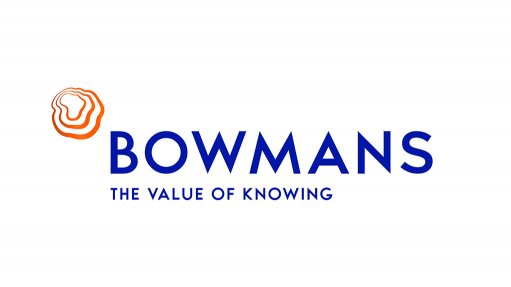
All people who are positively diagnosed with HIV have the legal right to privacy. Employees are not required to disclose their HIV status to their employer or to fellow employees. In turn, where employees voluntarily choose to disclose their HIV status to their employer or to fellow employees, these individuals may not disclose the information to others without the employee’s express consent.
The Free State High Court reinforced the importance of an employee’s right to privacy relating to their HIV status in the recent judgment of K.A.B vs. National Union of Metal Workers of South Africa (NUMSA) and Others. In this matter, an employee had disclosed her HIV status to a colleague, with whom she had a close relationship. The colleague in turn disclosed the employee’s HIV status to the employee’s manager without the employee’s consent.
During a grievance meeting relating to the manager’s conduct, which was attended by the employee and several of her work colleagues, the manager divulged the employee’s HIV status and proceeded to laugh as he walked out of the meeting.
The employee was emotionally distressed by this incident, had suicidal thoughts and was hospitalised, which culminated in her work performance being impacted. Further, the relationship between the employee and the manager became strained. As a result, the employee instituted a defamation claim against the manager and the colleague in whom she had confided and sought damages for the harm suffered.
The Court referred to the case of NM and Others v Smith and Others 2007 CC, in which the Constitutional Court held, ‘There is nothing shameful about suffering from HIV/AIDS. HIV is a disease like any other; however, the social construction and stigma associated with the disease make fear, ignorance and discrimination the key pillars that continue to hinder progress in its prevention and treatment. These pessimistic perceptions persist to fuel prejudice towards people living with HIV/AIDS.’
In the circumstances, the Court found that it was not the manager’s place to disclose the employee’s HIV status, or to disclose such sensitive information about a person’s health in a meeting. The employee’s HIV status constituted her private medical information which was shared without her consent and ‘the more sensitive the information of a person, the more it is important to protect such’. The Court held that the manager’s conduct constituted a wrongful act which defamed the employee’s dignity and reputation, and further violated her right to privacy. As a result, the employee was awarded ZAR 100 000 in damages.
This judgment reiterates the importance of employees’ right to privacy and confidentiality relating to their HIV status or that of their colleagues. In South Africa, stigma and discrimination remain a barrier to employment for people living with HIV. The stigma and negative behaviours that may be displayed towards people living with HIV can negatively impact the health and well-being of the individual concerned and may make them vulnerable in respect of job retention and progression.
It is accordingly important for employers to take heed of the following:
- All individuals have the right to privacy and an individual’s health information, which includes HIV status, is regarded as special personal information under the Protection of Personal Information Act. Special personal information is subject to additional protections and can ordinarily only be processed with the consent of the individual concerned or where it is necessary to exercise a right or obligation in law. A failure to do so will result in a breach of South African data protection laws.
- The Employment Equity Act (EEA) specifically prohibits unfair discrimination on the basis of HIV status and the testing of employees to ascertain their HIV status (unless the testing is determined to be justifiable by the Labour Court). A breach of these provisions may be costly to employers.
- In order to promote equality of opportunity and fair treatment, a Code of Good Practice on HIV and AIDS and the World of Work (Code) has been published under the EEA which provides guidance to employers in the development of policies and programs aimed at eliminating stigma and unfair discrimination in the workplace based on real or perceived HIV status. The Code emphasises the importance of non-discrimination, confidentiality, and the supportive measures required for employees living with HIV/AIDS. Employers are advised to take steps to promote appropriate and effective ways of managing HIV and AIDS in the workplace in accordance with the Code.
- All employees should be trained on the appropriate handling of personal information, in particular the confidentiality of another employee’s health information. The unlawful disclosure of an employee’s health information may not only result in negative consequences for the employee concerned, but may leave the employer vulnerable to legal action and potential reputational damage.
Written by Nadine Mather, Nuria Govender and Phetha Mchunu for Bowmans Law